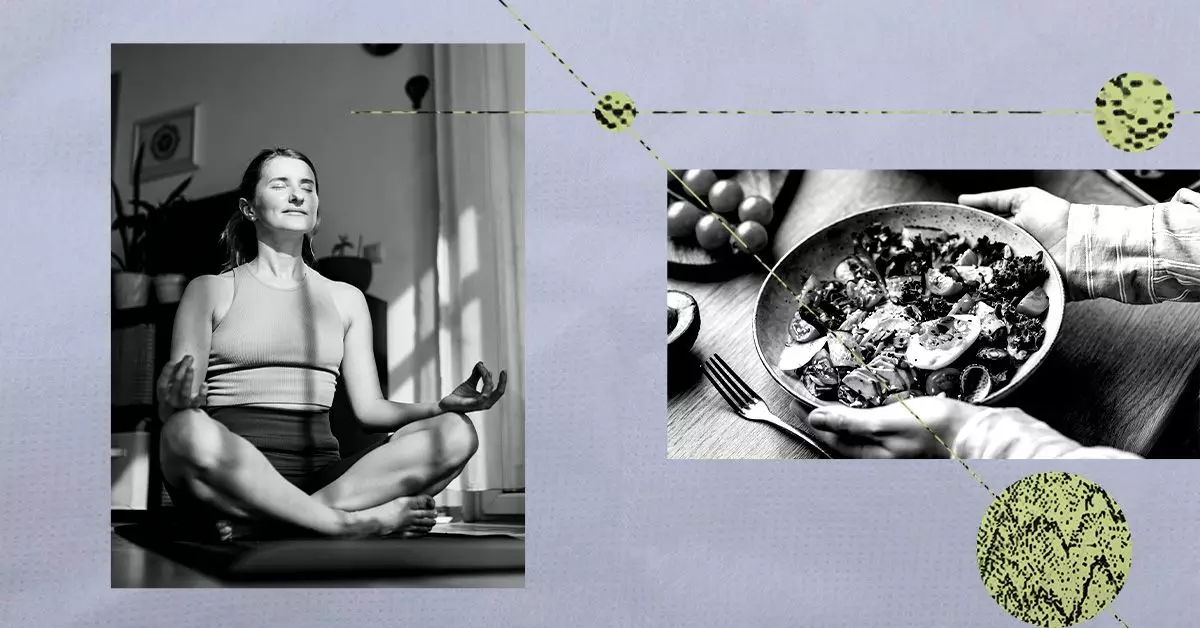Fatigue is a common and debilitating symptom experienced by individuals diagnosed with Chronic Lymphocytic Leukemia (CLL). Unlike the ordinary tiredness that one can recover from with adequate rest, CLL-related fatigue is persistent and can significantly interfere with daily activities and quality of life. This article explores the multifaceted origins of fatigue in CLL patients, its impact, and effective strategies for management.
Fatigue in the context of CLL is often characterized by overwhelming tiredness that does not improve with sleep or relaxation. Where typical fatigue may stem from physical exertion or insufficient rest, CLL-related fatigue can be all-consuming, leaving individuals feeling weak, drained, and unmotivated. Many patients report that they wake up feeling exhausted, even after a full night’s sleep. This chronic lack of energy is primarily driven by various physiological factors related to the disease and its treatment.
One significant cause of fatigue in CLL patients is anemia, a condition marked by low red blood cell counts that deprives the body of oxygen, leading to feelings of weakness and shortness of breath. In addition to anemia, systemic inflammation and a decrease in white blood cells can compel the body to expend more energy in fighting off infections, further contributing to fatigue. The presence of cytokines—proteins that manage immune responses—can exacerbate feelings of tiredness, illustrating the complex interplay between cancer biology and energy levels.
Aside from the disease itself, treatment regimens such as chemotherapy can also lead to pronounced fatigue. While medical interventions may be necessary for effective disease management, they often come with their own set of side effects, fatigue being one of the most challenging. Furthermore, psychological factors like anxiety, depression, and stress can compound physical symptoms, leading to a vicious cycle of fatigue that can be difficult to break.
Moreover, comorbid conditions—such as sleep disorders, nutritional deficiencies, and chronic pain—may also play a role in the overall fatigue experienced by CLL patients. Addressing these underlying issues could prove crucial in developing a comprehensive treatment approach.
Despite the formidable nature of cancer-related fatigue, several strategies can help CLL patients manage their energy levels effectively. One of the most effective ways to combat fatigue is through exercise. While it might seem counterintuitive, engaging in regular physical activity such as walking, yoga, or swimming can actually enhance energy levels and reduce feelings of tiredness. Patients should consult their healthcare team to develop a personalized exercise plan that accommodates their abilities and limits.
Nutrition also plays a vital role in mitigating fatigue. A balanced diet rich in fruits, vegetables, lean proteins, whole grains, and healthy fats can provide the nutrients necessary for maintaining energy levels. A 2019 review highlighted that adhering to an anti-inflammatory diet could be beneficial for individuals undergoing cancer treatment. Taking a proactive approach to meal planning can empower patients and support their overall well-being.
Additionally, the importance of hydration cannot be understated. Many CLL patients may overlook their fluid intake, leading to dehydration that intensifies fatigue. Keeping a water bottle handy and sipping throughout the day can significantly affect energy levels. Infusing water with fresh fruits, like citrus, might also increase its appeal and promote adequate fluid intake.
Structured breaks throughout daily activities may also be instrumental in energy recovery. Patients may need to plan their schedules strategically to incorporate rest periods into their day. This could involve tackling more demanding tasks in the morning when energy levels are typically higher and leaving lighter, less taxing work for later in the day.
Relaxation techniques such as progressive muscle relaxation, mindfulness, and journaling can further help manage the mental and emotional toll that CLL imposes on patients.Evidence indicates that these practices may reduce stress, anxiety, and depression while improving sleep quality, thus contributing to better energy management.
It is essential for patients to work closely with their healthcare providers to monitor and address fatigue effectively. Regular check-ups, blood tests for nutritional deficiencies, and potential treatment options for anemia can be vital in restoring balance and fighting off fatigue. Patients should openly communicate their experiences with fatigue so their treatment plans can be adjusted accordingly to optimize their health outcomes.
Fatigue is a common challenge for individuals diagnosed with CLL, distinct from ordinary tiredness. By understanding its origins and implementing targeted management techniques—including exercise, proper nutrition, hydration, relaxation, and effective communication with healthcare professionals—patients can navigate the complexities of CLL-related fatigue more effectively. Adaptations in lifestyle can lead to improved energy levels, offering hope and enhancing the quality of life amidst the challenges of living with cancer.

